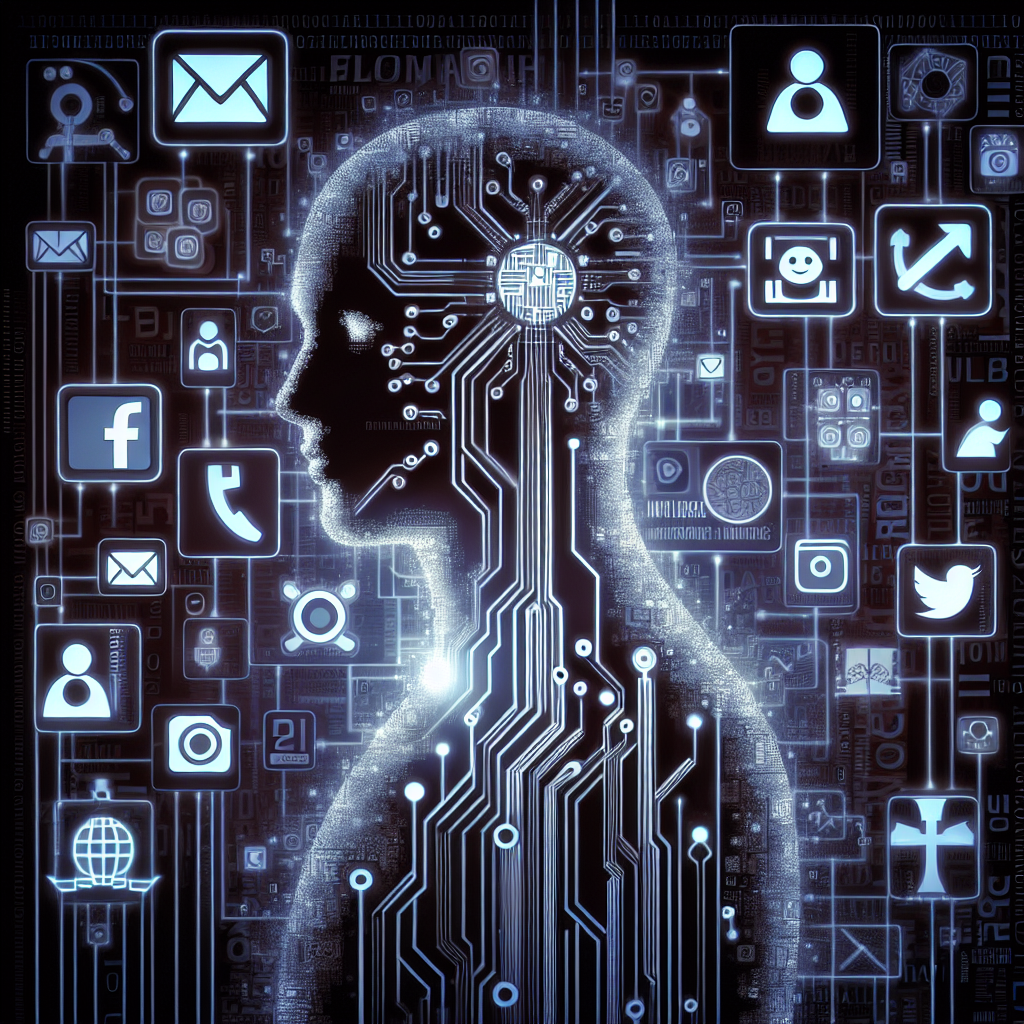Artificial intelligence (AI) has been revolutionizing various industries for years, and now it is making its mark on social media as well. The rise of AI influencers on platforms like Instagram and TikTok is changing the game for digital marketing and content creation. These virtual beings are created using advanced algorithms and deep learning technology, making them appear and act like real human influencers.
AI influencers are gaining popularity for several reasons. They offer a level of consistency that human influencers cannot always achieve, as they do not have to worry about scheduling conflicts, personal issues, or burnout. They also do not age or get sick, meaning they can continue to engage with their audience for as long as their creators maintain them. Additionally, AI influencers can be programmed to have a specific personality, style, and voice, making them highly customizable for brands looking to target specific demographics.
One of the most well-known AI influencers is Miquela Sousa, also known as Lil Miquela, who has amassed millions of followers on Instagram. She posts photos of herself in designer clothing, attends events, and collaborates with brands just like human influencers. Another popular AI influencer is Shudu, a digital supermodel created by British photographer Cameron-James Wilson. Shudu has worked with major fashion brands and appeared in high-profile fashion shoots.
The rise of AI influencers has sparked debates about authenticity and transparency on social media. Some critics argue that AI influencers are deceiving their followers by presenting themselves as real people when they are actually computer-generated. On the other hand, supporters of AI influencers argue that they offer a new form of entertainment and creativity in the digital space.
Despite the controversy, brands are increasingly turning to AI influencers as a way to reach their target audience in a more engaging and innovative way. These virtual beings can provide a unique perspective on products and services, and their content can be easily tailored to fit a brand’s messaging and aesthetic. AI influencers also have the potential to reach a global audience, as they are not limited by language barriers or cultural differences.
As AI technology continues to advance, we can expect to see even more sophisticated AI influencers in the future. These virtual beings may be able to interact with their audience in real-time, respond to comments and messages, and even create their own content autonomously. The possibilities are endless, and the impact of AI influencers on social media is only just beginning.
FAQs:
Q: Are AI influencers replacing human influencers?
A: While AI influencers are gaining popularity, they are not necessarily replacing human influencers. Human influencers bring a level of authenticity and personal connection that AI influencers cannot replicate. Both types of influencers have their own strengths and can coexist in the digital space.
Q: How are AI influencers created?
A: AI influencers are created using advanced algorithms and deep learning technology. Their creators input data such as images, videos, and text to train the AI model to generate realistic and engaging content. The process can be time-consuming and require technical expertise, but the results are often highly lifelike.
Q: Can AI influencers think for themselves?
A: AI influencers are programmed to act and speak in a certain way, but they do not have consciousness or the ability to think for themselves. Their actions and responses are predetermined by their creators, who control all aspects of their behavior and content.
Q: Are AI influencers ethical?
A: The ethics of AI influencers are a subject of debate. Some critics argue that they are deceptive and misleading to their followers, while others see them as a form of entertainment and creativity. Ultimately, the ethical implications of AI influencers depend on how they are used and represented by their creators and brands.

